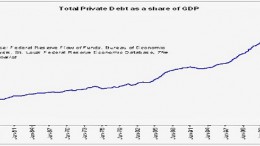Bitcoin, The New Toy for Dummies
MADRID | By Luis Arroyo | Bitcoin is increasingly present everywhere: newspapers, books, all over the Internet… and everybody seems to be infatuated with this new currency. However, it isn’t as fabulous as they make us think. It’s tricky and it could endanger even more the already damaged global economies.








